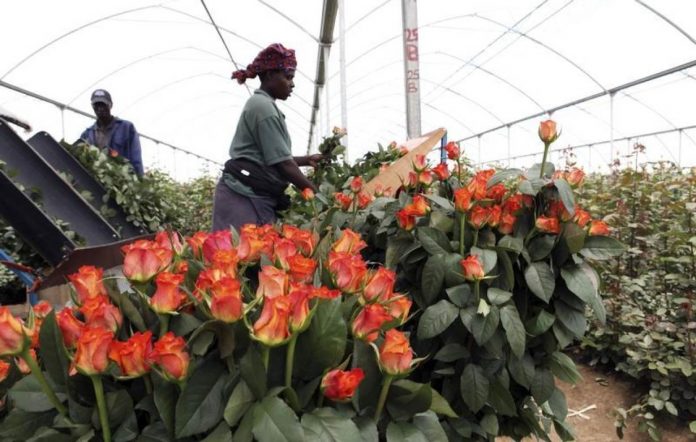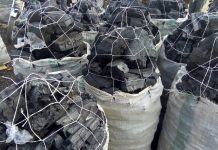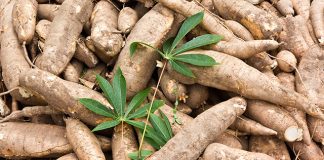Kenya’s flower industry is adopting high-quality standards to grow its market share and ward off competition from emerging flower-growing countries in an increasingly competitive global market.
The internationally and locally defined quality standards are geared towards creating the Kenyan flower brand, says the Chief Executive of Kenya Horticulture Council, Jane Ngige. “The standards include the Kenya Flower Council Silver standard which all exporters must comply to,” says Ngige.
Ngige says the KS1758 standard for flowers and ornamentals is an additional quality control measure, “which means no one should be allowed to mess up the industry.”
The making of the Kenyan Flower brand means growers are now optimizing on available resources to get the best cut flower, and also taking advantage of global events such Valentines days – which accounts for almost 30 percent of all roses sold in a year.
Flower farmers are also innovating around the efficient use of water which has saved growers from the biting drought in 2017 with sales estimated to close at over Sh71 billion up from Sh65 billion in 2016. “Our main growing areas have not been affected by a shortage of water and this partly because the industry has been very sensitive to how we use water. There has been substantial investment in water harvesting and also into precision farming,” said Ngige.
Kenya’s market share in the EU is expected to rise to 40 percent, consolidating its second position after Netherlands, while at the same time growing its market in the over 45 other countries it exports to.
The prospects for 2018, Ngige says, look promising due to favorable weather and emerging new markets such as the Far East, Korea, Australia and Eastern Europe for Kenya’s cut flower product.
With a global market share of 7 percent, Kenya is the fourth largest exporter of cut flowers behind The Netherlands, Colombia and Equador.


















